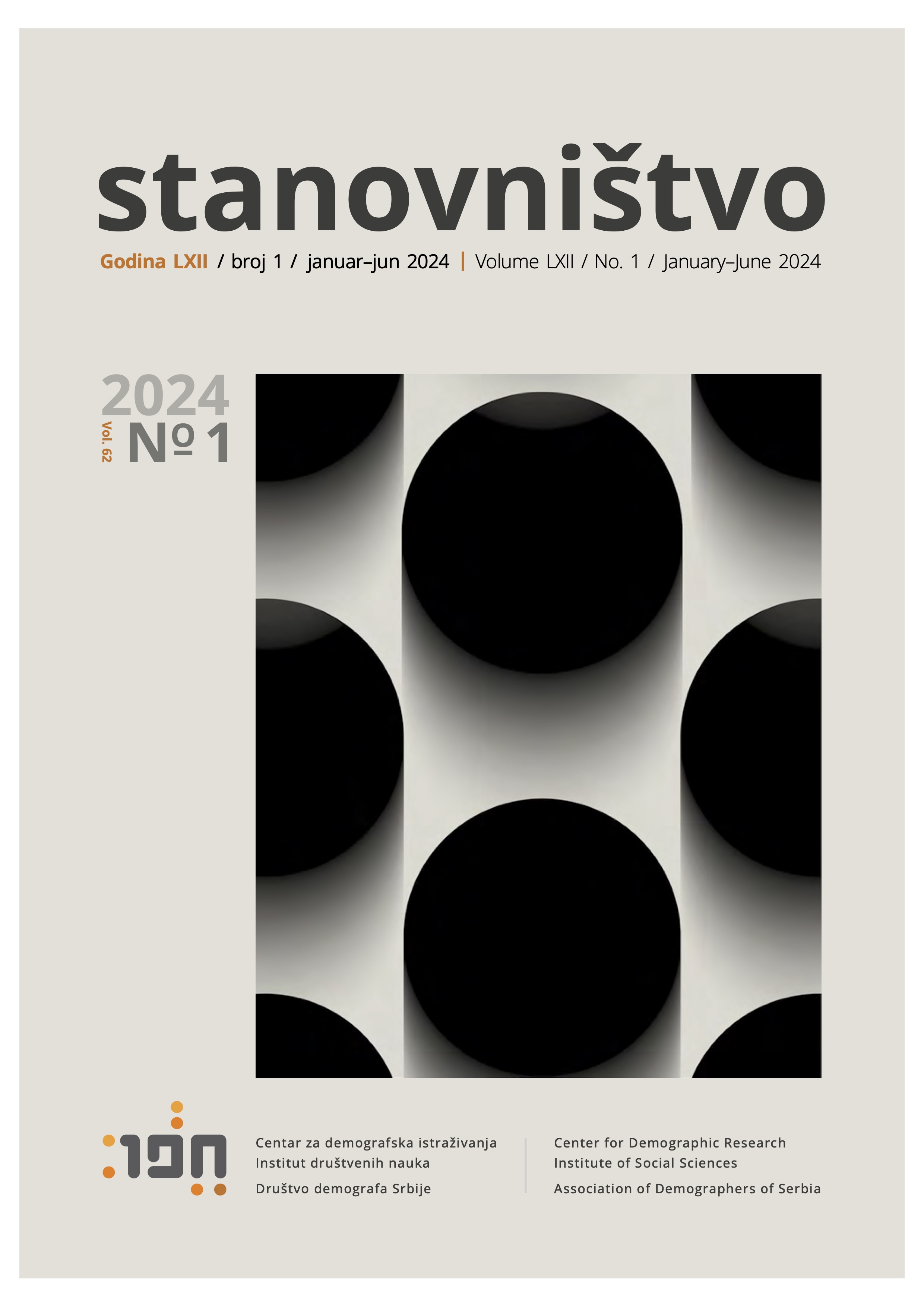Neformalni negovatelji starijih u Srbiji - ka prepoznavanju formalnog statusa?
Informal care givers of elderly in Serbia - towards formalisation of the status?
Author(s): Marta Sjeničić, Marko Milenković, Sofija Nikolić PopadićSubject(s): Human Geography, Regional Geography, Human Rights and Humanitarian Law, Health and medicine and law, Family and social welfare, Demography and human biology, Gerontology
Published by: Институт друштвених наука
Keywords: informal carers; older adults; challenges; Covid-19; legal regulation
Summary/Abstract: Informal carer is any person who provides care – usually for no remuneration – to another person with chronic illness, disability or other long-lasting care. Informal carers are completely unrecognized in the legal system of RS. Consequently, there is no official data in Serbia on the number of informal carers. There are numerous aspects of informal care that are challenging. Their work-life balance is affected, which in turn may affect their ability to participate in the labour market and maintain social life. This may further lead to social exclusion and risk of poverty. Finally, health and well-being of informal carers may also be affected. COVID-19 crisis painfully revealed the fundamental flaws in the care system and weakness in lack of the regulated approach in providing informal care. It turned out that older persons were greatly dependant on informal carers, due to the COVID crisis and measures undertaken. By using limited available data on informal care in Serbia and looking into comparative examples on position of informal careers, the article seeks to offer proposals for the new model for improving the position of informal care givers in Serbia, when it comes to elderly population in the forefront. By reviewing the literature, one can come up with various recommendations for future interventions in the field of informal caregivers’ work and long-term care, which is increasingly necessary with the aging of the population. The status of informal caregivers should be improved by their formal recognition in the care system for the elderly. When drafting the regulations, it is necessary to rely on the EU Directive on the balance between work and private life, with the aim of improving the balance between work and private life of informal caregivers and better access to the labour market. In addition to passing specific regulations in the field of elderly care and the position of informal caregivers, it is necessary to introduce their regular training. This way, caregivers would acquire adequate knowledge and support, in order to respond to the task of caring for the elderly, while preserving their own well-being. The position of informal caregivers would be significantly improved by the development of sustainable community services for elderly, as well as support services for the caregivers themselves. Furthermore, it is important to focus on informal caregivers who are most burdened, which, according to research, are women and caregivers of people with dementia.
Journal: Stanovništvo
- Issue Year: 62/2024
- Issue No: 1
- Page Range: 85-101
- Page Count: 17
- Language: Serbian

